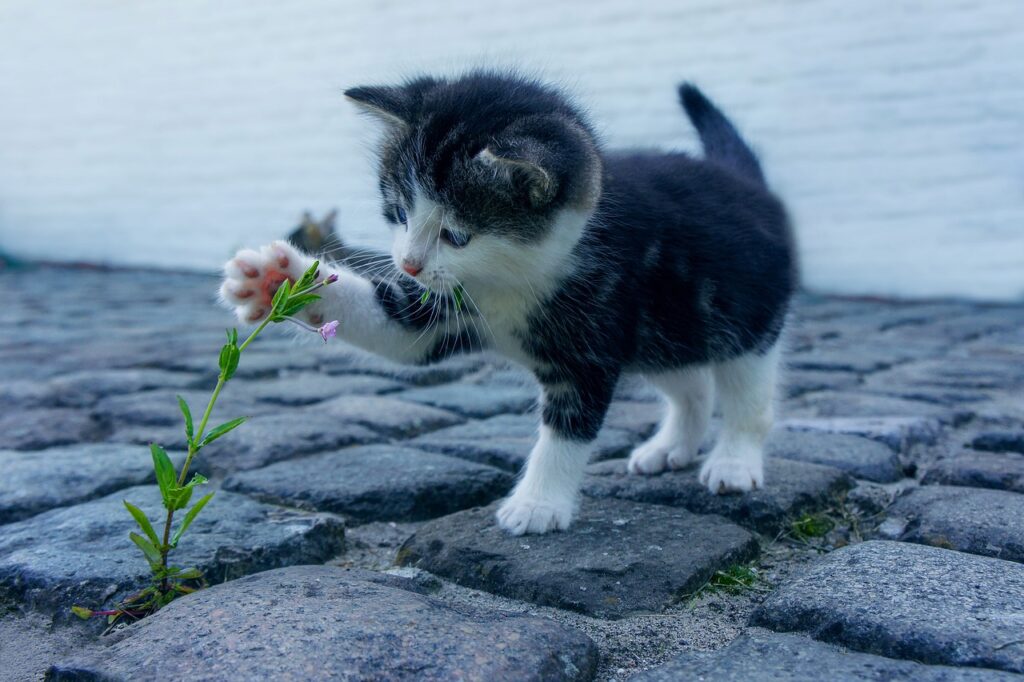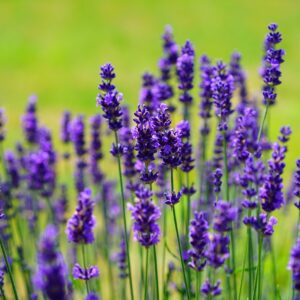Are pesky pests wreaking havoc on your garden? Don’t fret! You can protect your precious plants from common pests naturally, without the need for harmful chemicals.
By following a few simple steps, you’ll create a garden oasis that is inhospitable to unwanted critters.
First, utilize the power of companion planting. Certain plants naturally repel pests, so strategically planting them alongside your vulnerable crops will act as a natural barrier.
Additionally, focus on creating a healthy soil ecosystem by adding organic matter and compost. This will promote strong plant growth, making them less susceptible to pest attacks.
To further safeguard your garden, implement physical barriers such as fences, nets, or row covers. These barriers will physically block pests from reaching your plants, keeping them safe and sound.
Another effective method is attracting beneficial insects, such as ladybugs and lacewings, that prey on garden pests. By planting flowers and herbs that attract these helpful insects, you’ll create a balanced ecosystem that naturally controls pests.
Lastly, consider using organic pest repellents, like neem oil or garlic spray, to ward off unwanted visitors. These natural solutions are safe for your plants and the environment.
With these simple steps, you can protect your garden naturally and enjoy the bountiful harvest you’ve worked so hard for. Happy gardening!
Companion Planting for Pest Control
Companion planting is a great way to naturally control pests in your garden. By strategically planting certain flowers and herbs alongside your vegetables, you can create a natural barrier that deters unwanted pests.
For example, marigolds are known to repel aphids, mosquitoes, and nematodes, while attracting beneficial insects like ladybugs. Planting basil near tomatoes can help repel flies and mosquitoes, while also enhancing the flavor of your tomatoes. Another effective combination is planting garlic alongside roses to keep aphids and black spot disease at bay. Additionally, interplanting carrots with onions can help deter carrot flies.
Remember to research and plan your companion planting carefully to ensure compatibility and maximize pest control. With this natural approach, you can protect your garden from common pests without the use of harmful chemicals.
Creating a Healthy Soil Ecosystem
Enhance the health of your garden soil by cultivating a thriving ecosystem. Creating a healthy soil ecosystem is essential for protecting your garden from common pests naturally.
Start by adding organic matter, such as compost or well-rotted manure, to enrich the soil. This will improve its structure, fertility, and water-holding capacity.
Next, encourage beneficial organisms like earthworms, nematodes, and bacteria by avoiding the use of synthetic fertilizers and pesticides. These organisms help break down organic matter and improve nutrient availability for plants.
Additionally, practice crop rotation to prevent the buildup of pest populations in the soil. By rotating your crops each season, you disrupt the life cycle of pests, reducing their impact on your garden.
Finally, consider using cover crops to protect and nourish the soil during the off-season. These steps will create a healthy soil ecosystem, promoting natural pest control in your garden.
Implementing Physical Barriers
To effectively shield your garden from unwanted critters, try implementing physical barriers such as fences or netting. These barriers act as a physical deterrent, making it difficult for pests to access your plants.
Install a sturdy fence around the perimeter of your garden to keep out larger animals like rabbits and deer. Make sure the fence is buried at least a foot deep to prevent burrowing.
For smaller pests like birds and insects, use netting to cover vulnerable plants. Choose a fine mesh netting that’ll keep out even the tiniest pests. Secure the netting tightly over the plants, making sure there are no gaps for pests to sneak through.
Remember to regularly inspect and maintain your barriers to ensure their effectiveness in protecting your garden.
Attracting Beneficial Insects
Want to create a thriving garden ecosystem? Attract beneficial insects by planting a variety of flowers and herbs that they love!
These insects, such as ladybugs, lacewings, and hoverflies, are natural predators of common garden pests like aphids and caterpillars. By providing them with a diverse and abundant food source, you can encourage them to stay in your garden and help keep pest populations in check.
Consider planting flowers like marigolds, sunflowers, and daisies, as well as herbs like dill, parsley, and fennel. These plants not only attract beneficial insects but also add beauty and fragrance to your garden.
Additionally, avoid using chemical pesticides, as they can harm both beneficial insects and your plants. Instead, opt for organic pest control methods like handpicking pests or using homemade insecticidal soaps.
With a little effort, you can create a balanced and pest-resistant garden naturally.
Using Organic Pest Repellents
By using organic pest repellents, you can naturally deter unwanted insects from invading your garden. These repellents not only keep pests away but also ensure that your garden remains free from harmful chemicals.
One effective method is using garlic spray. Simply blend several garlic cloves with water and strain the mixture into a spray bottle. Then, spray the solution onto your plants to repel pests like aphids and caterpillars.
Another natural repellent is neem oil, which can be mixed with water and sprayed onto plants to deter insects such as mites and whiteflies.

Additionally, planting marigolds around your garden acts as a natural deterrent for pests due to their strong scent.
Remember to regularly apply these organic pest repellents to maintain a pest-free garden without compromising its health.
Conclusion
In conclusion, you can protect your garden from common pests naturally by following these simple steps.
By practicing companion planting, you can deter pests and promote healthy growth.
Creating a healthy soil ecosystem will strengthen your plants and make them more resistant to pests.
Implementing physical barriers, such as fences or netting, will prevent pests from entering your garden.
Attracting beneficial insects, like ladybugs or lacewings, will help control pest populations.
Lastly, using organic pest repellents will keep pests away without harming your garden or the environment.
With these methods, your garden will thrive and remain pest-free.





